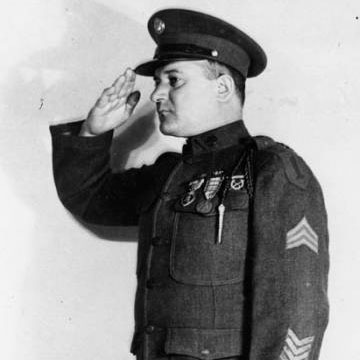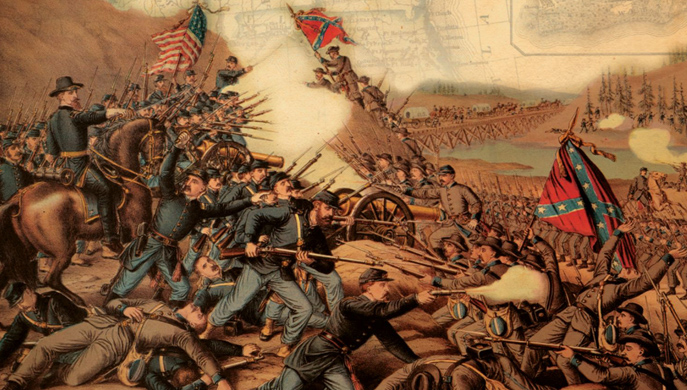
Record date:
Donald Stoker: The Grand Design: Strategy and the U.S. Civil War
Cotton mills, ironworks, and railroads are important, but there’s no substitute for the right plan.
In The Grand Design, Stoker charts the evolution of Union and Confederate strategies in the years between Fort Sumter and Appomattox, arguing that victory was not the inevitable result of Northern advantages in population or industry – it came down to the side with the better plan. Working down from National Policy through Grand Strategy, Strategy, Operations, and finally Tactics, Stoker shows how each level of operations worked toward (or against) the sides’ objectives.
For the South, first and foremost, it was a failure at the top. Though Jefferson Davis had the benefit of a West Point education and four years as Secretary of War, he quickly lost political control of the war, leaving Robert E. Lee to fill the void. And while Abraham Lincoln had a clear strategic vision, his military inexperience left him initially unable to press that vision upon his generals. Among the generals, Stoker finds a number of key strategic moments: a colossal blunder by Henry Halleck, a crucial lesson for Grant and Sherman at Vicksburg, and – perhaps most provocatively – a missed opportunity to win the war behind George B. McClellan’s plan in 1862.
Donald Stoker, Professor of Strategy and Policy for the U.S. Naval War College’s program at the Naval Postgraduate School in Monterey, California, is the author or editor of a number of works of military history. A native of Georgia, he now lives with his wife and daughter in Salinas, California.













